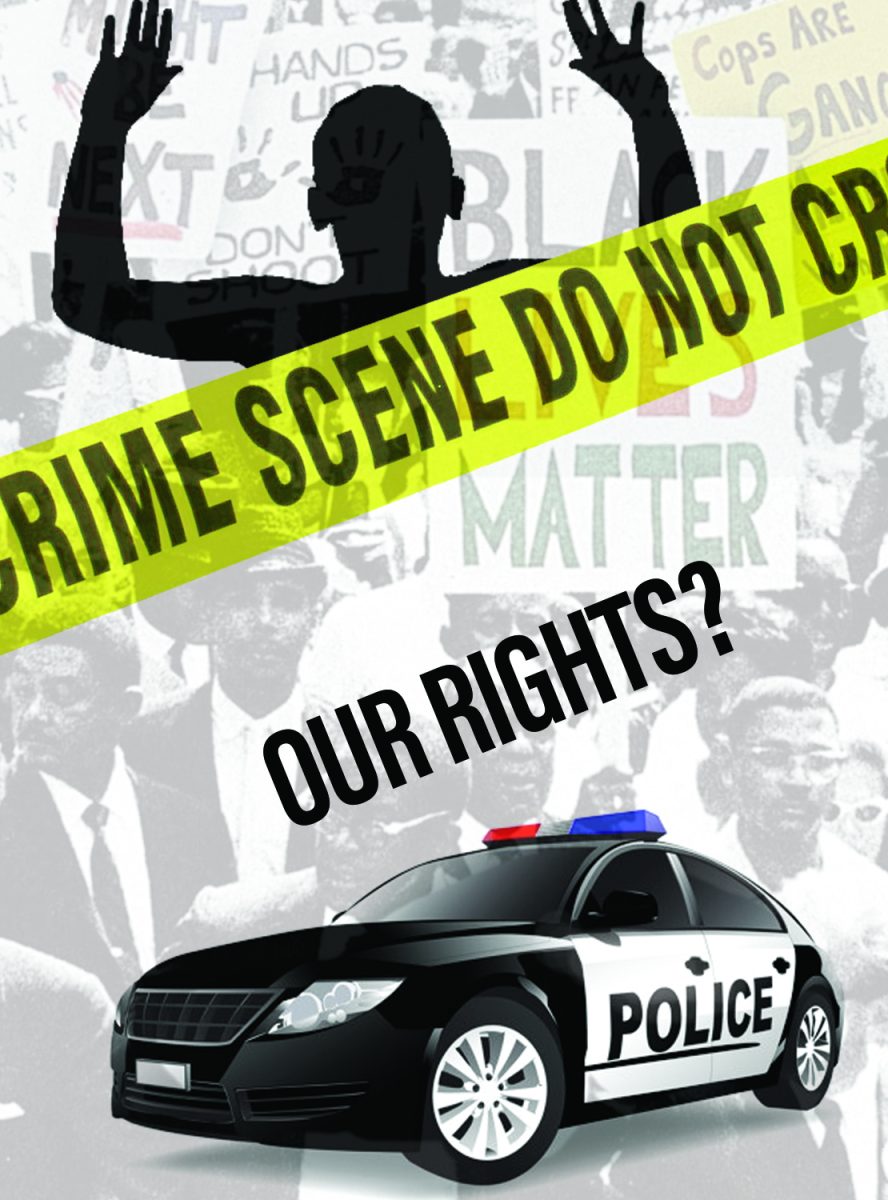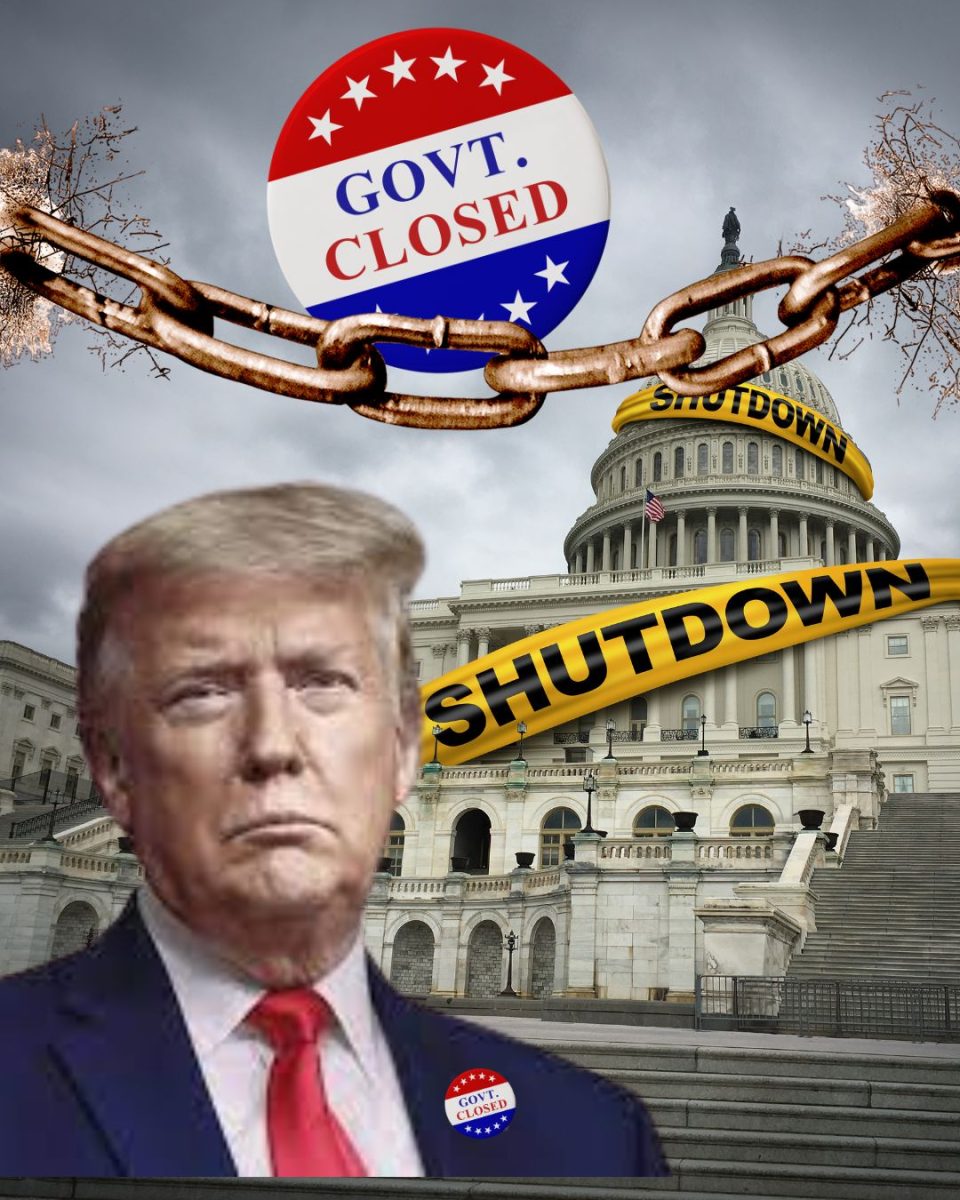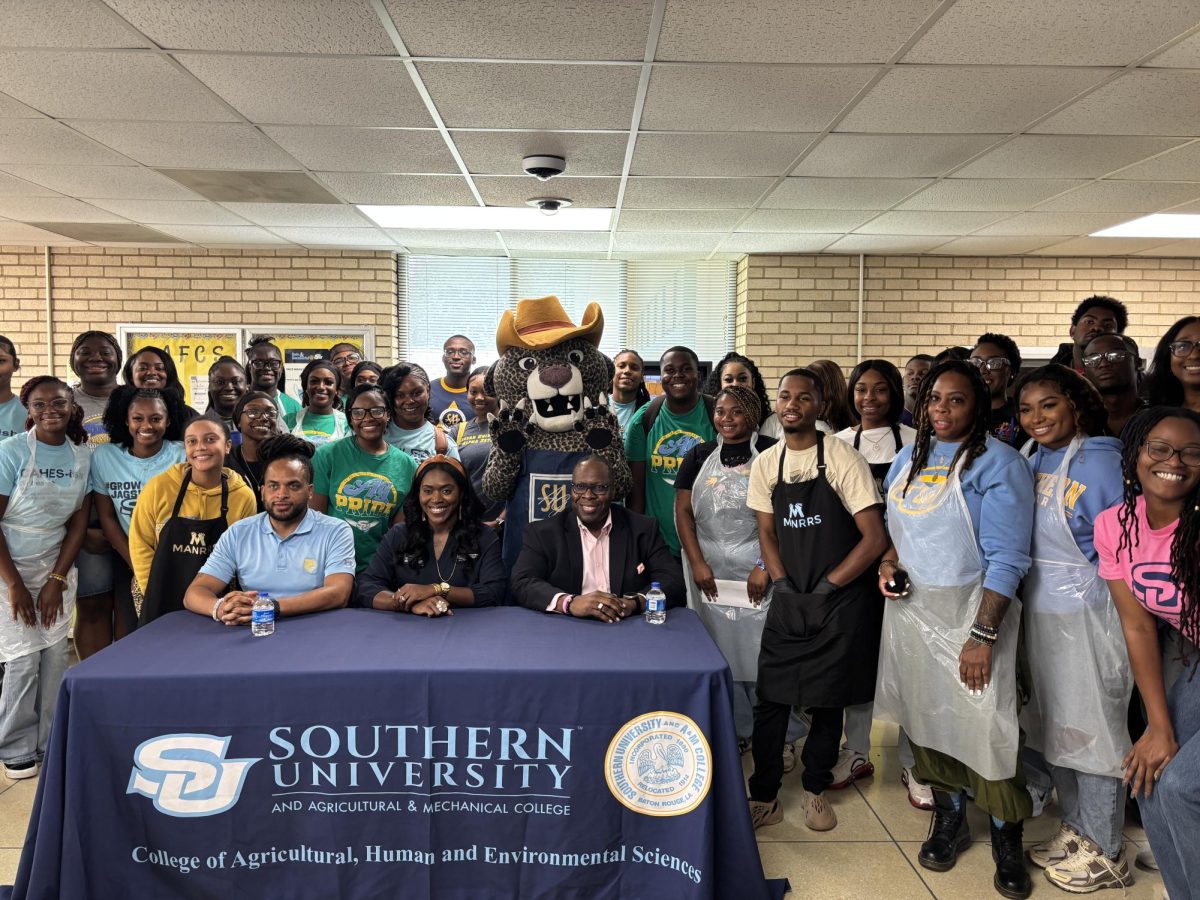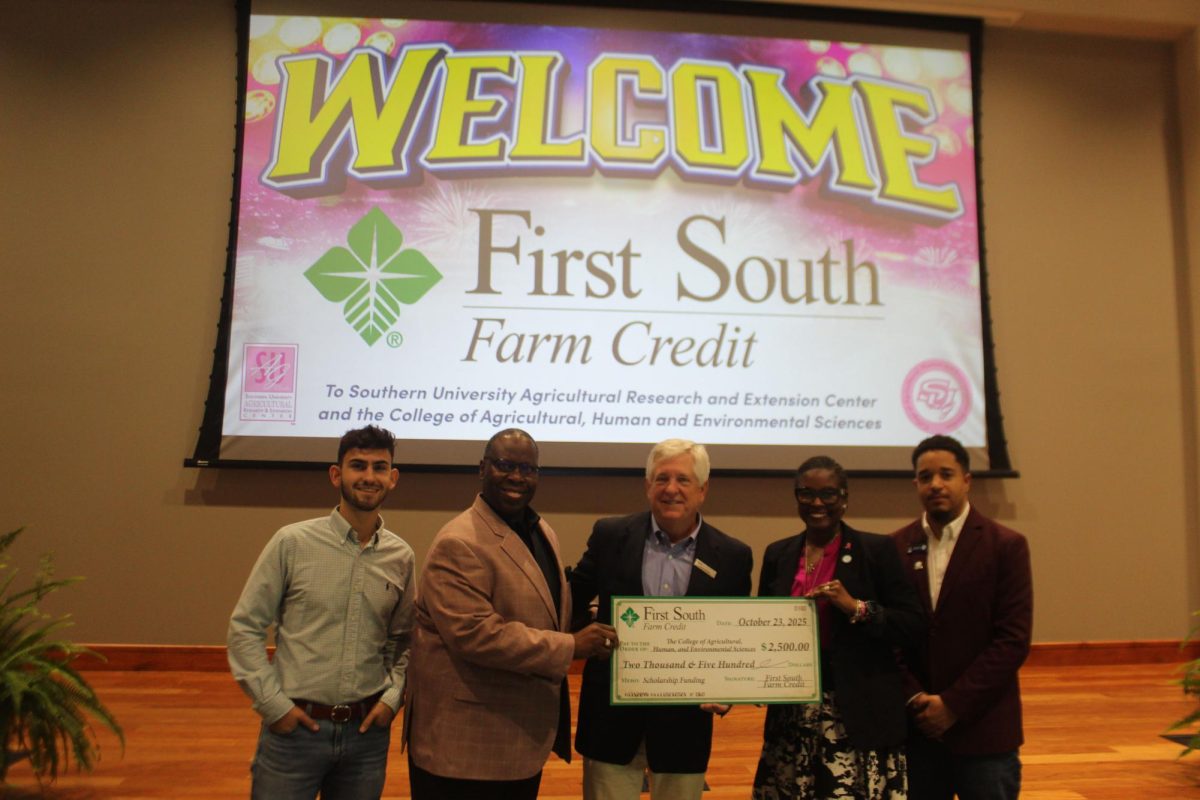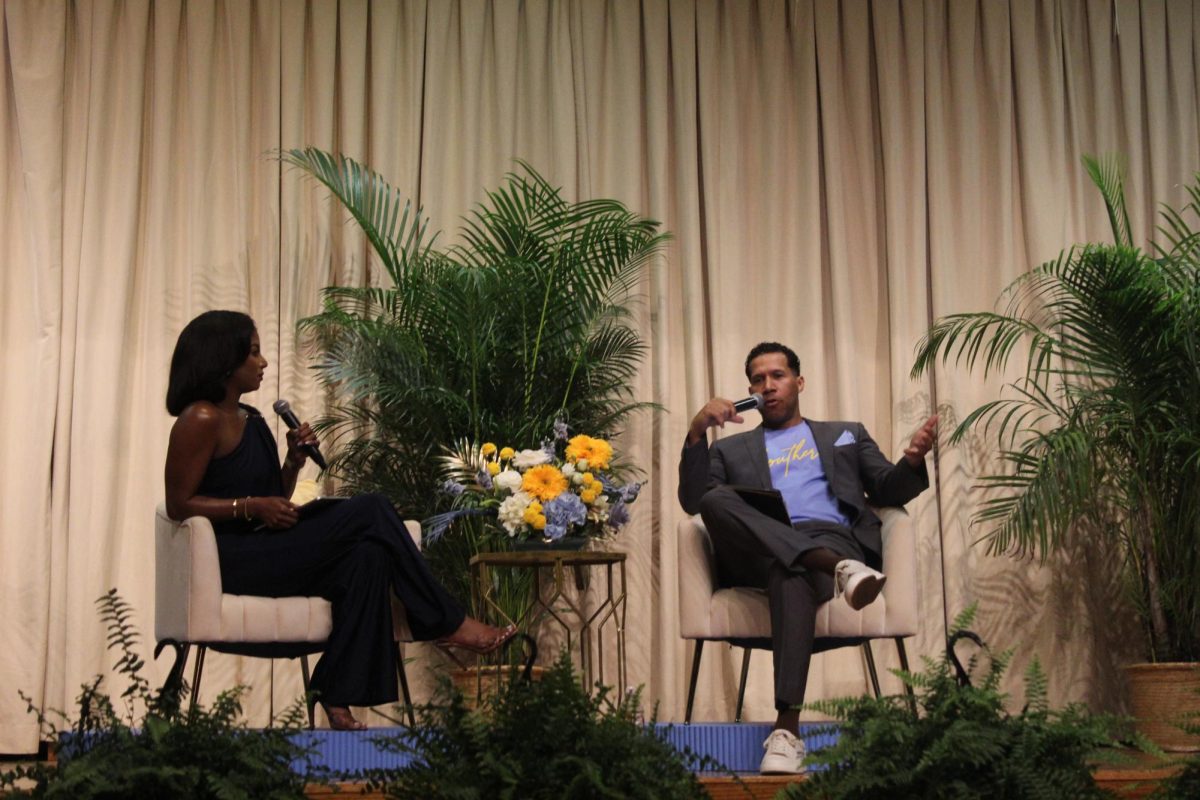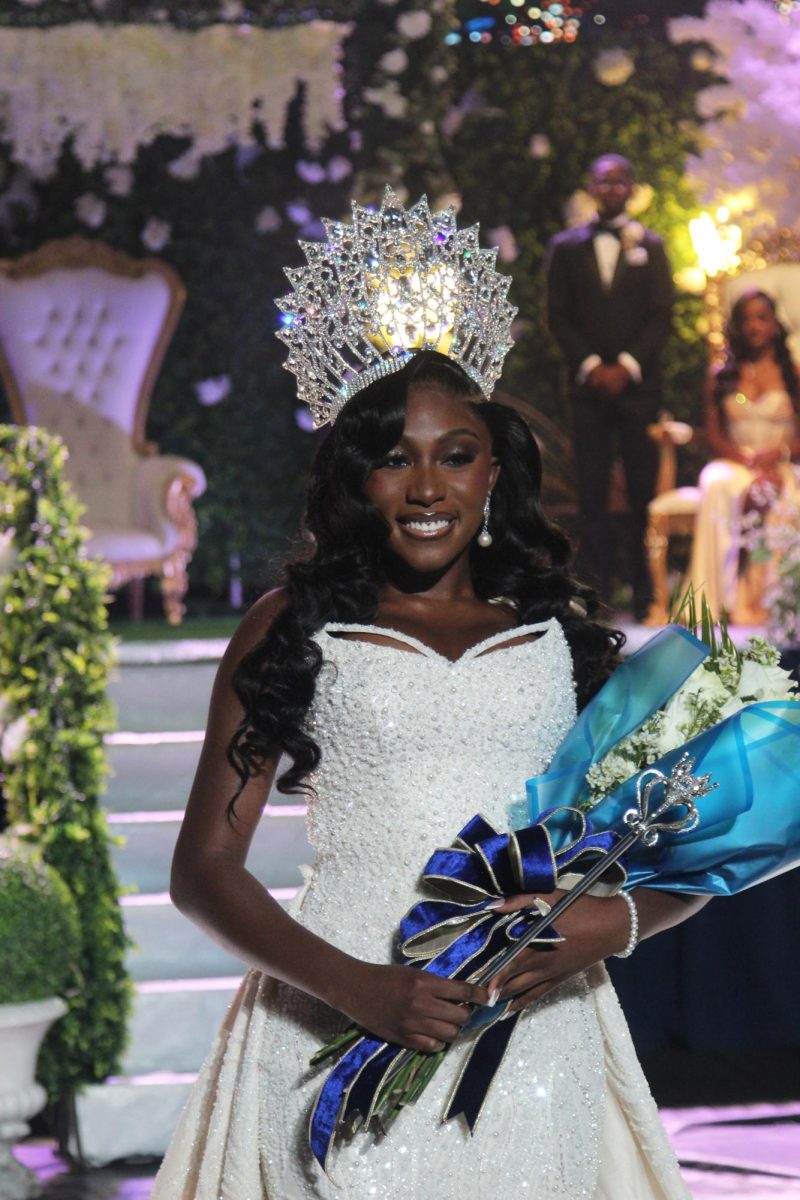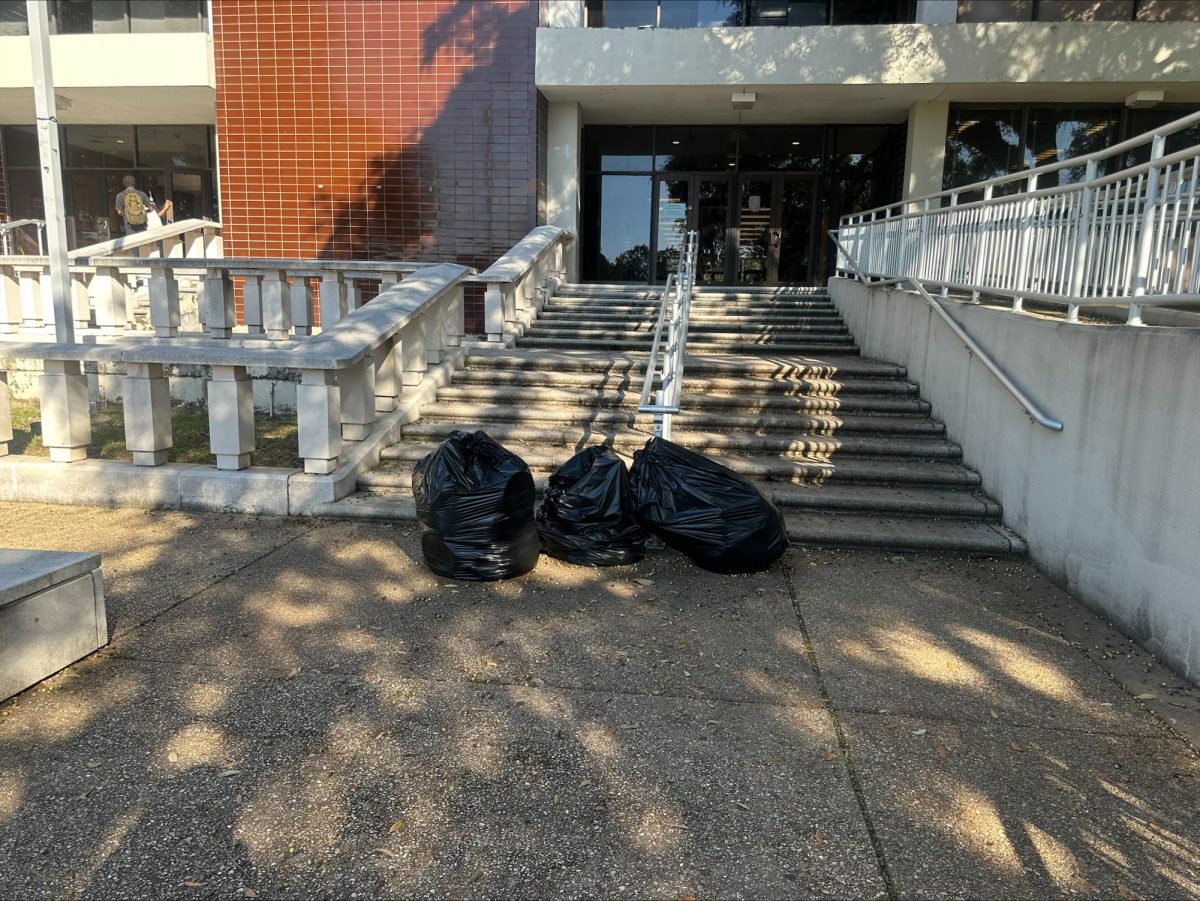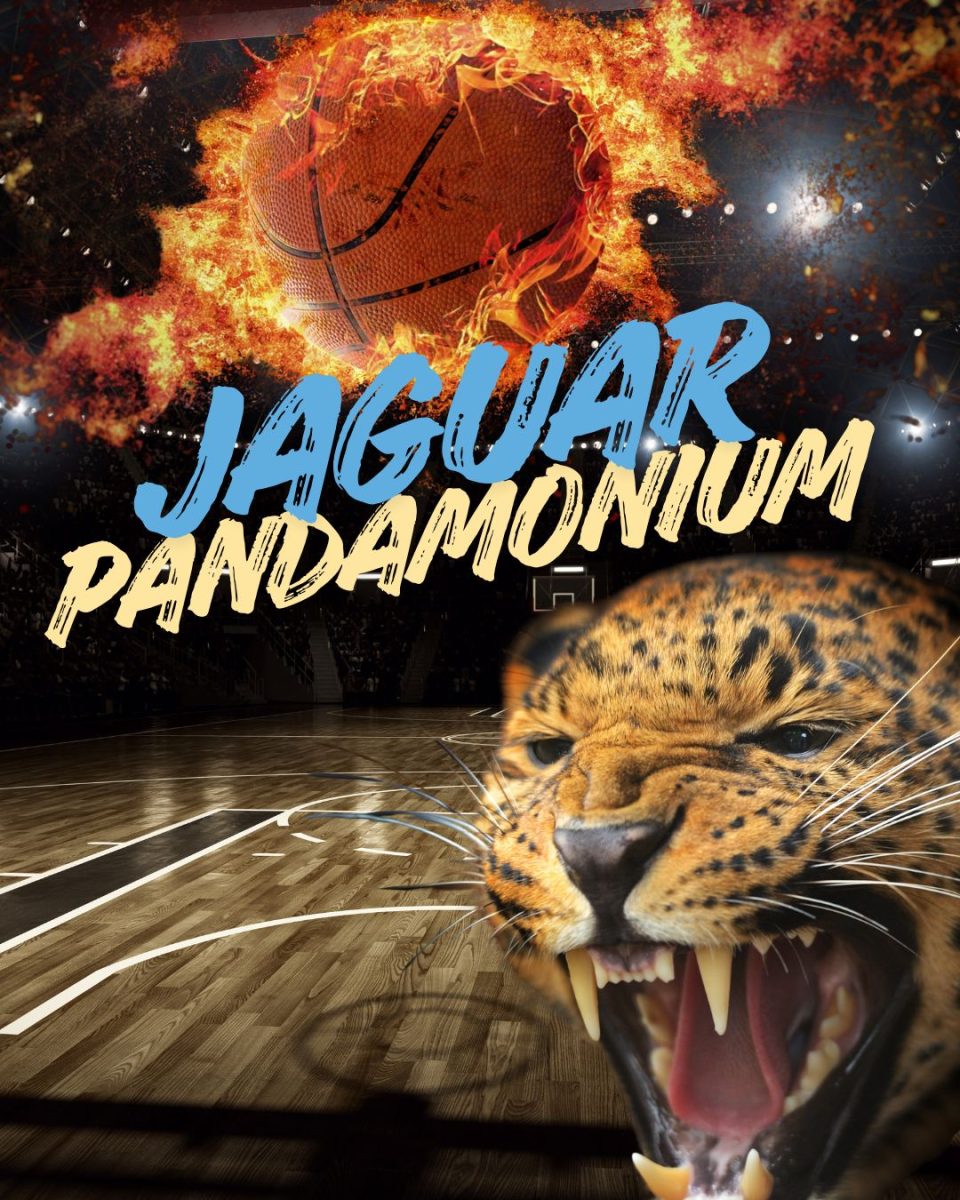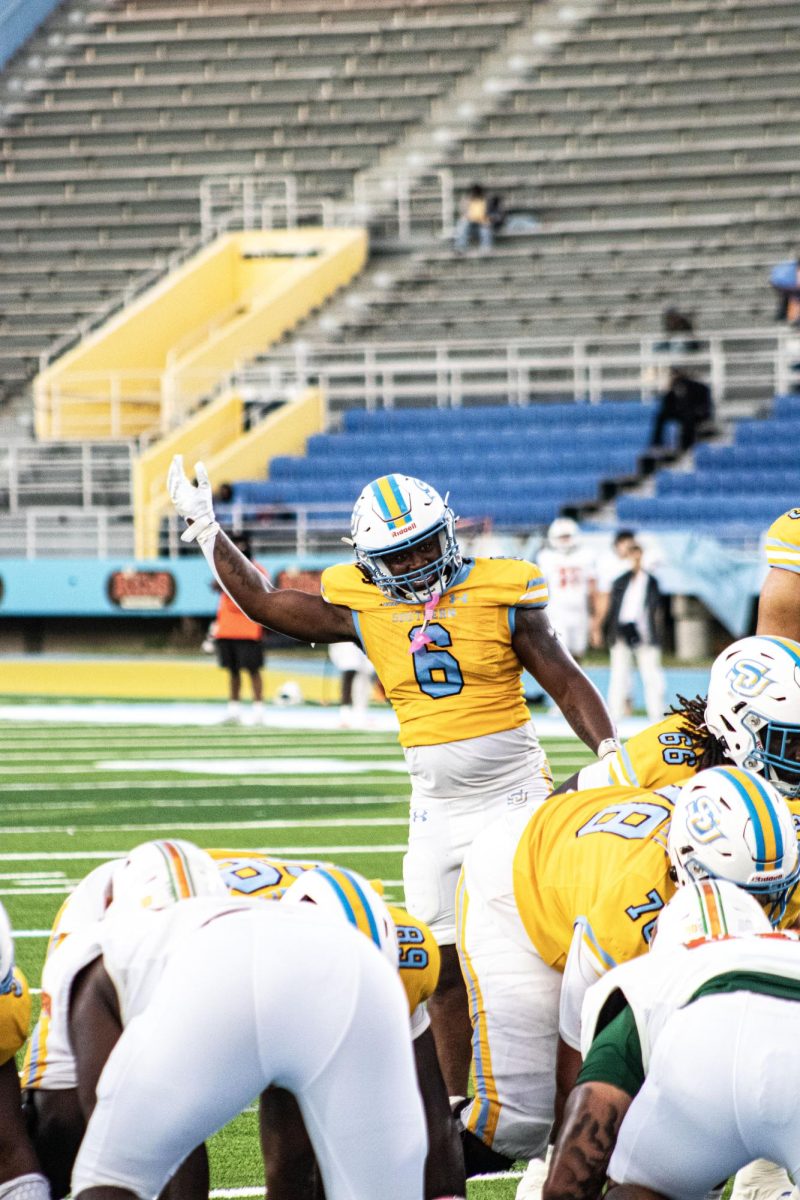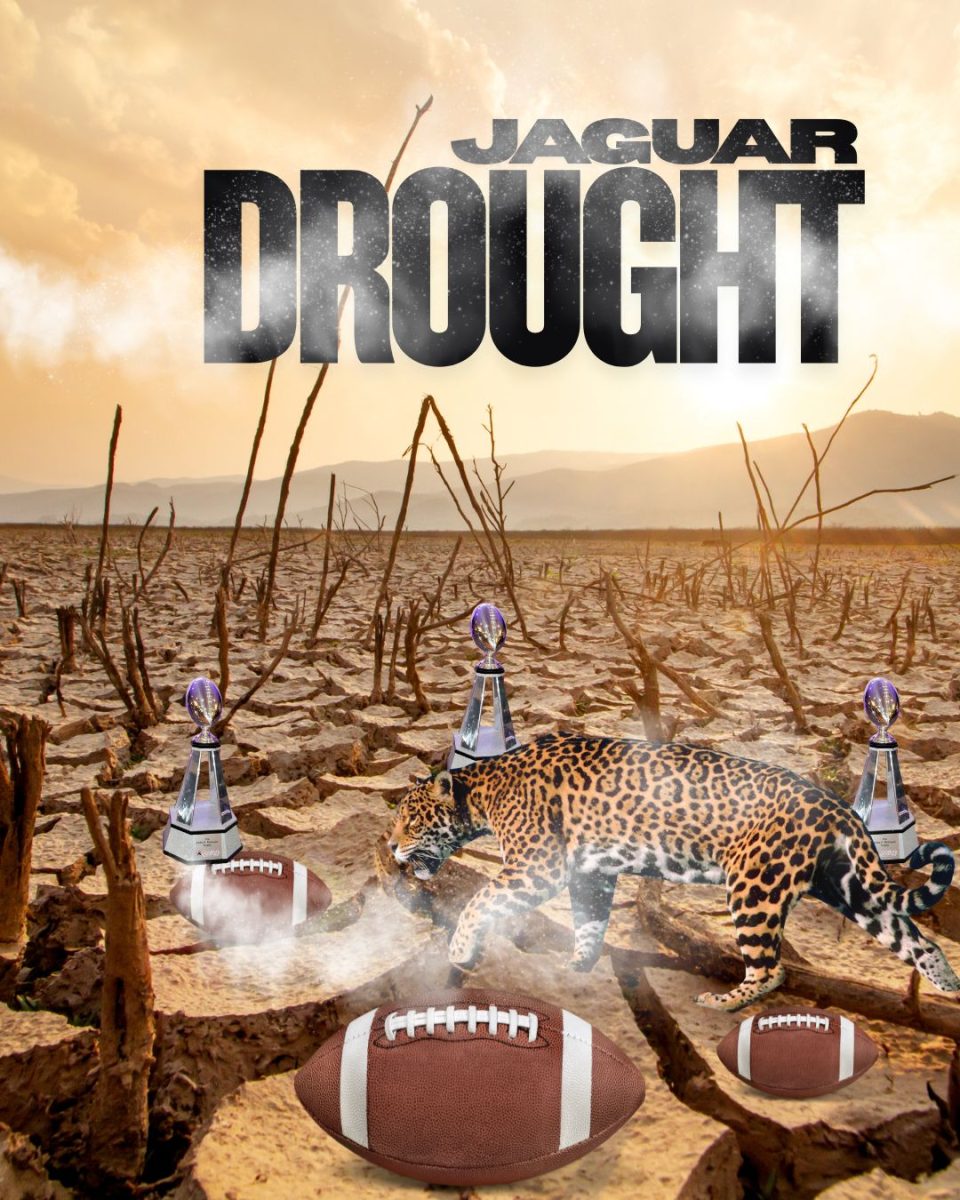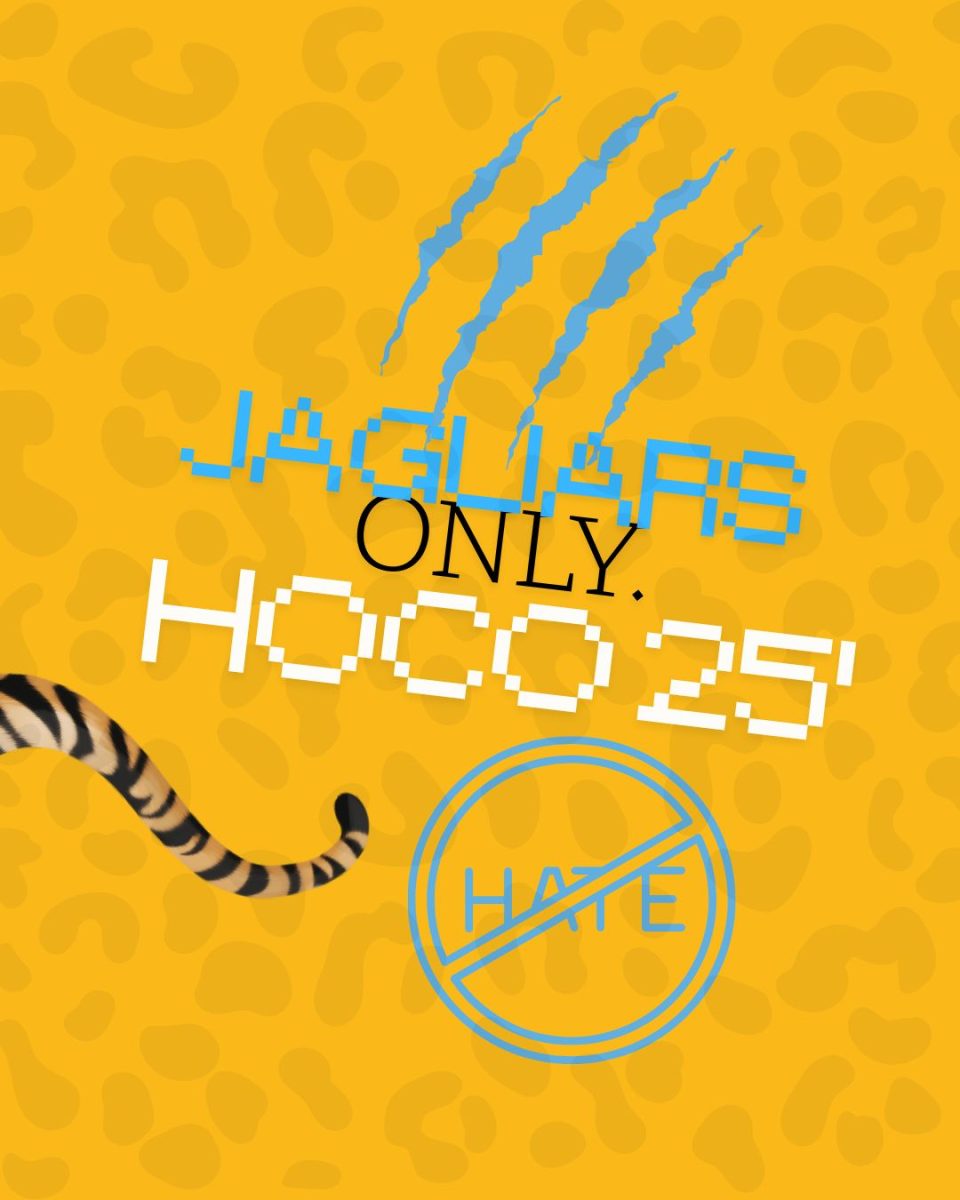Since this nation’s founding, black communities have been oppressed by government, policed by authorities, and ostracized by societal majority. Founded in 1776, many of the signatures on the tremendously admired Constitution are by the very same men who owned slaves.
Louisiana, which falls into the Bible Belt region, especially feels the brunt of this effect.
“That the black gets to make her case at all is an incremental evolution in justice from the antebellum south, where white people could and did make all manner of false accusations allowed to be witnesses against whites in any official proceeding,” The Guardian states.
Contributing to the point, tragedy fell in Baton Rouge July 5th of 2016. Alton Sterling was killed by Baton Rouge Police Department. The Washington Post reads, “Sterling’s death prompted intense protests after he was killed in July 2016 by officers Blane Salamoni and Howie Lake, who were responding to a call about a man who had threatened someone with a gun. The Baton Rouge officers found the 37-year-old Sterling selling CDs outside a convenience store, and fatally shot him during an encounter that lasted less than 90 seconds.”
Under 90 seconds. In less than a minute and a half, you can: change clothes, brush your teeth, sing the anthem, make a phone call, die while black…
For decades, black community relations with police have been poor. Coming from a past of video footage of Rodney King’s beating, the failure to indict on behalf of Trayvon Martin and much more, #BlackLivesMatter erupted in 2013 in protest of police brutality throughout the nation.
Rep. Cedric L. Richmond (D-La.) summarized it best when he said during an interview that the decision continues to create distance between African Americans and law enforcement. “Trust between the Baton Rouge community and law enforcement has deeply eroded”.
An article in Harvard Law Review corresponds to the mishap, “… Fourth Amendment law, explicit and implicit biases, and racial anxiety- that explain why white police officers might systematically overpolice and deploy violence against African Americans arguably implicate black police officers as well.”
Reflecting upon the casualty, Baton Rouge is home to three major colleges. For parents of incoming freshman, police violence is something no one should have to be concerned about.
Going back further in the city’s history, it was Louisiana’s governor who ordered 300 law enforcement officers to Southern’s campus in 1972 during a student protest. That same protest later resulted in the two deaths of Denver Smith and Leonard Brown.
Khadijah Al-Uqdah, Junior Criminal Justice Major from Inglewood, California comments, “The Black community has a poor relationship with the police department. Instead of trusting them with protecting our lives, it’s come to a point where we’re fearful for our lives because of all the past actions that have occurred.”
In fact, The Washington Post reports, “A Pew poll in 2017 found that while 60 percent of Americans said that the deaths of black Americans at the hand of law enforcement represented broader problems between police and black citizens 31 percent of police officers say the same.”
“One nation, indivisible, with Liberty and Justice for all”… or something like that.
Categories:
Coppin’ Our Rights: Black Community Relations with Police
September 17, 2019
Coppin’ Our Rights: Black Community Relations with Police
0
More to Discover
